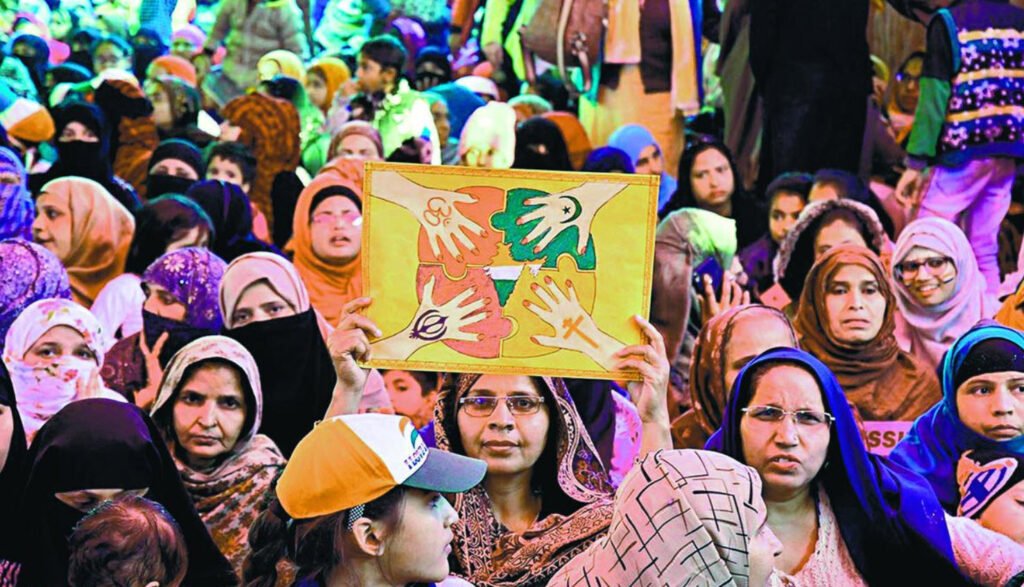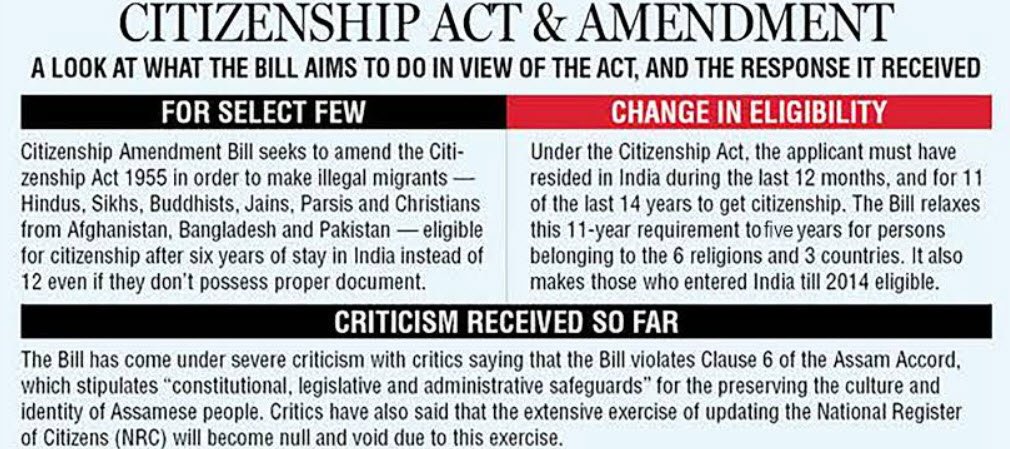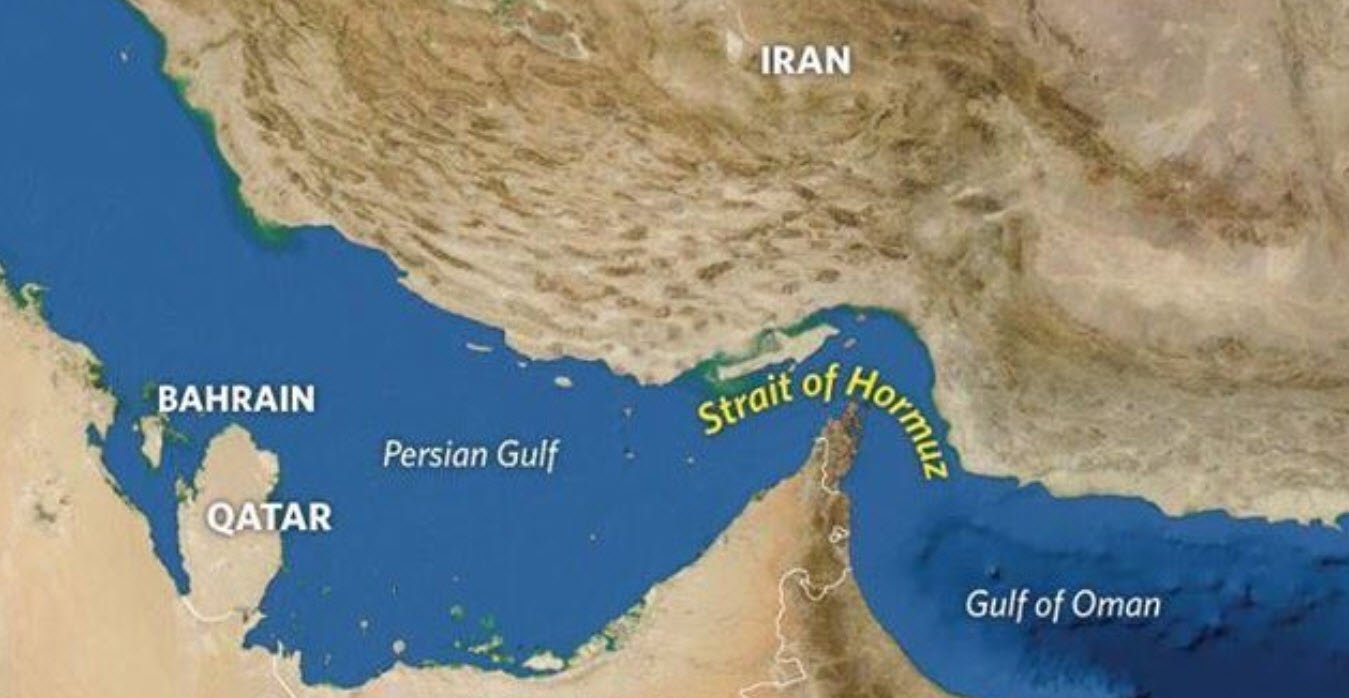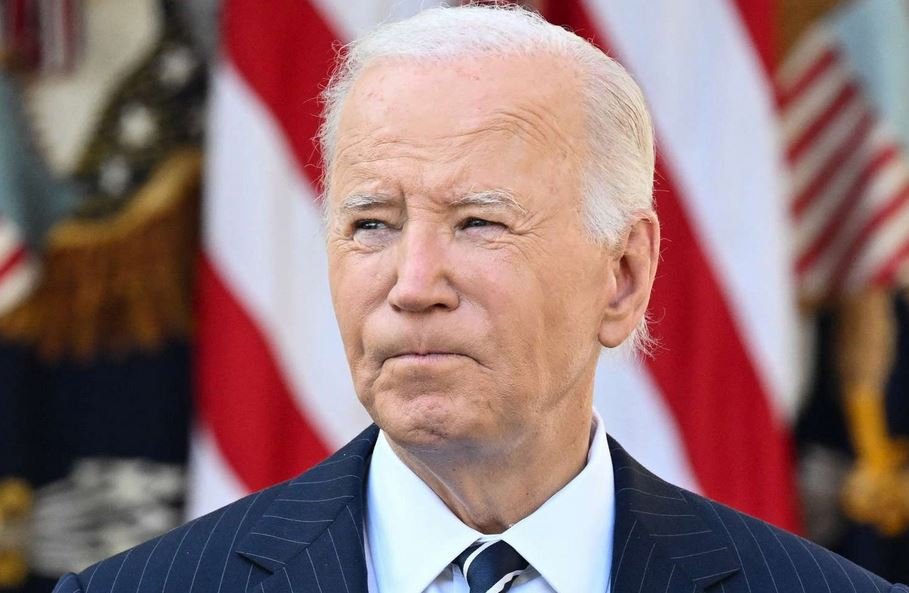
The Modi government has taken a significant step by announcing the implementation of the Citizenship (Amendment) Act, 2019 (CAA). This contentious legislation aims to address the citizenship status of undocumented migrants in India. Let’s delve into the details.
What Is the Citizenship (Amendment) Act?
The Citizenship (Amendment) Act, enacted by the Indian Parliament on December 11, 2019, has been at the center of extensive discussions and nationwide protests.
The CAA seeks to facilitate the granting of Indian citizenship to specific categories of migrants. It applies to undocumented non-Muslim migrants from Pakistan, Bangladesh, and Afghanistan who entered India before December 31, 2014.
The act primarily targets individuals belonging to Hindu, Sikh, Jain, Buddhist, Christian, and Parsi communities who faced persecution in their home countries.
On Monday, March 11, 2024, the Modi government officially announced the implementation of the CAA.
The Ministry of Home Affairs (MHA) will be notifying the rules under the CAA. These rules, known as the Citizenship (Amendment) Rules, 2024, will enable eligible individuals to apply for Indian citizenship.

The CAA will pave the way for undocumented non-Muslim migrants to find a secure path to citizenship in India. The announcement comes just weeks ahead of the General Elections, where Prime Minister Narendra Modi is seeking a third consecutive term.
While the CAA aims to address the plight of persecuted migrants, it has faced criticism and protests. Critics argue that it discriminates against Muslims and undermines the secular fabric of India. The debate surrounding the CAA continues to be a significant aspect of India’s socio-political landscape.
In conclusion, the implementation of the Citizenship (Amendment) Act marks a crucial moment in India’s legal and social discourse. As the nation grapples with questions of identity, inclusion, and justice, the CAA remains a topic of intense debate.
Disclaimer: This article provides an overview of the CAA and its implementation. For a comprehensive understanding, readers are encouraged to explore further sources and legal documents.









[…] As the world’s largest democratic event concludes, international media outlets have been closely following the developments. The exit polls have been a significant point of discussion, with many predicting a strong performance by the Bharatiya Janata Party (BJP) led by Prime Minister Narendra Modi. […]
[…] event marks a significant milestone in India’s political history, as Narendra Modi is set to become only the second Prime Minister after Jawahar Lal Nehru to take the oath as a PM of […]